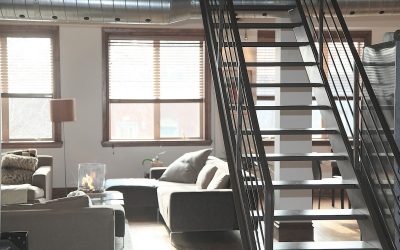Congratulations! You’re on the waitlist!
We will e-mail you before the bootcamp launches for an exclusive preview.
Check out our latest blog posts…
Guess How Many Of Us Feel Financial Stress?
A lot. That’s how many.
Last year 64% of millennials said that they feel stressed about their finances!*
Financial stress impacts us more than any other stress factor. More than our family, more than our health, more than our job, we stress about money the most.
This isn’t too surprising.
Money is at the center of everything we do. Without money, we can’t survive. In the past, it was possible to get by without money. You could barter, trade, do it yourself. But in the 21st century that’s not realistic. Are you going to build your own smart phone? Everyone needs money.
Because everyone needs money everyone is at risk of feeling financial stress. But it doesn’t have to be that way. Here are five ways to reduce your financial stress.
Banks Are Biased, Especially When Advertising Mutual Funds
Banks are biased. That’s obvious. Banks are public companies in the business of making money and therefore are biased towards activities that produce a profit. This isn’t necessarily a bad thing but when making personal finance decisions it’s good to keep this top of mind.
This bias is especially apparent when banks advertise their mutual funds. They use a few different forms of bias to make their products look extra appealing.
Everyone has probably seen a mutual fund advertisement. It’s the one with the line that keeps growing towards the sky. It usually says how $10,000 invested 10 years ago could have grown into $xxx,xxx today.
There are a couple of problems with this advertisement.
First-Time Home Buyer? Boost Your Down Payment!
Feel like it’s impossible to put together a down payment as first-time home buyer? Don’t despair. We’ve got some great tips to help you out.
With the average price of a home in Canada above $500,000 that puts a lot of pressure on first-time home buyers.
Putting together a 20% down payment means you need to scrape together $100,000 plus closing costs. That’s creates a huge barrier for many first-time home buyers.
Use these tips to help boost your down payment as a first-time home buyer.



